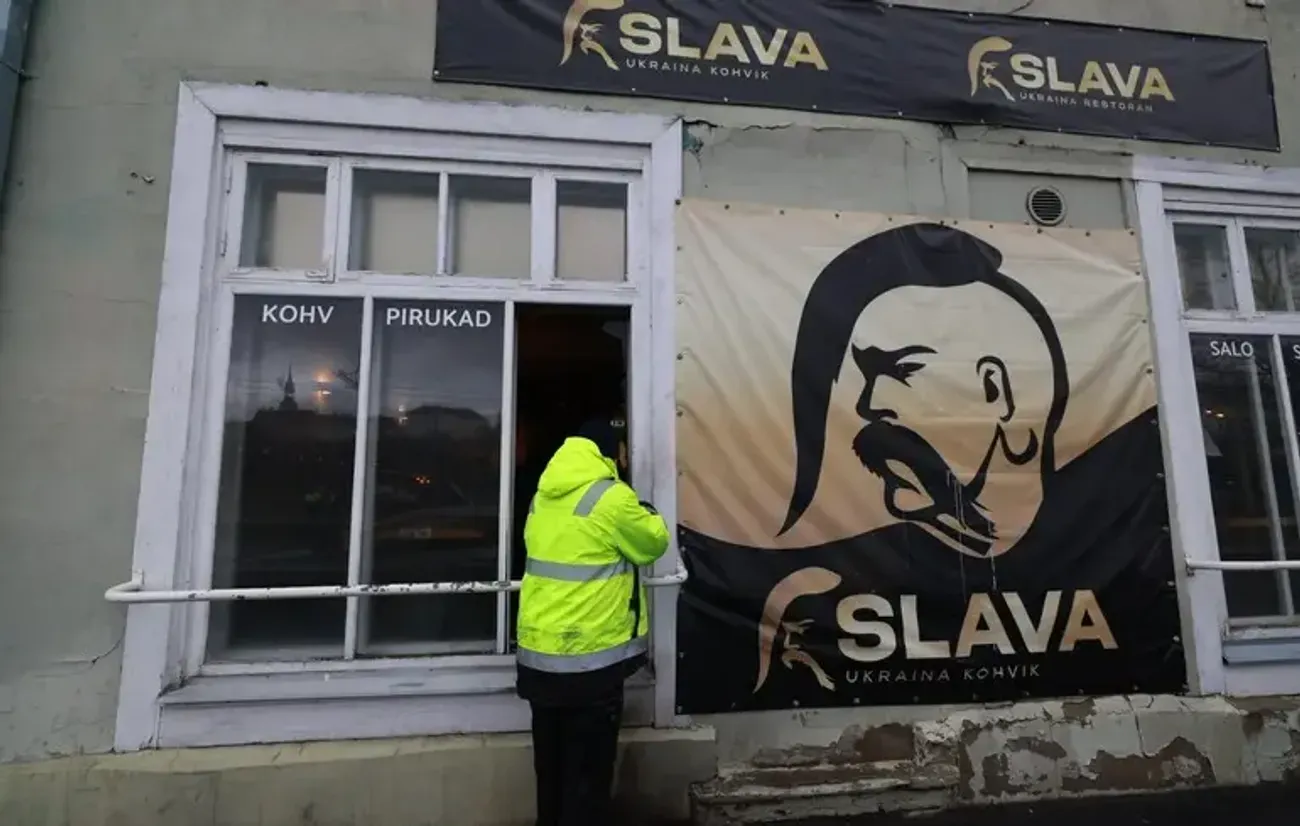In Tallinn, a court found two Moldovan citizens guilty of arson at the “Slava Ukraini” restaurant and a supermarket. Law enforcement established that the arson was committed at the behest of Russian special services. This was reported by Euronews, writes UNN.
This attack is part of a series of attacks across Europe that Western officials link to Russia. The goal of such actions is to sow discord in Western societies and undermine support for Ukraine, which has been resisting Russia’s full-scale invasion for more than three years.
– the message says.
The Harju County Court in Estonia established that the perpetrators were two Moldovan citizens, cousins, both named Ivan Chihail.
One of them received a sentence of six and a half years in prison for setting fire to the restaurant and supermarket, which, according to the court, he committed at the behest of Russian special services. The other Chihail, who was an accomplice, received two and a half years.
In its statement, the court reported that the first Ivan Chihail acted on behalf of Russian military intelligence – GRU.
In January 2024, he carried out a “test” operation for the GRU, setting fire to the Co-op supermarket in the village of Osula in southeastern Estonia.
The next day, at the direction of a person acting on behalf of the GRU, he was instructed to set fire to the “Slava Ukraini” restaurant in the capital – Tallinn.
For reference
Chihail, along with his cousin, came to the restaurant on the night of January 31, 2024, where they set fire to the establishment and then left the country. The court noted that his brother did not know he was working for the Kremlin.
According to State Prosecutor Triinu Olev-Aas, the authorities of Latvia, Lithuania, and Poland helped detain both men. They were arrested in Italy and extradited to Estonia for trial.
This arson was another incident in a series of attacks by Russia against Estonia since the beginning of its invasion of Ukraine in February 2022. Earlier, the country had already faced cyberattacks and acts of vandalism — for example, breaking windows in cars of politicians and journalists who criticize the Kremlin.
– the publication emphasizes.Addition
As noted by the Estonian Internal Security Service, the fact that the GRU used Moldovans sent from abroad indicates increasing difficulties in recruiting agents within Russia itself.
Since the beginning of the full-scale war, Russia has been repeatedly accused of a widespread sabotage campaign in Europe. Such attacks included: filling car exhaust pipes with mounting foam in Germany, attempts to plant explosives on cargo planes, hacking attacks on politicians and critical infrastructure, as well as the activities of spy networks, such as the one recently exposed in the UK.
Dmitry Peskov, spokesman for the Russian president, denied these accusations, stating that the Kremlin has not yet received any “evidence” to confirm its involvement in a large-scale sabotage campaign.
Recall
As UNN previously wrote, in Tallinn, the Ukrainian restaurant “Slava Ukraini” was set on fire, as evidenced by surveillance cameras. The fire broke out on the morning of January 31, 2024. The circumstances of the incident were investigated in a criminal proceeding under the article on damage and destruction of property.
